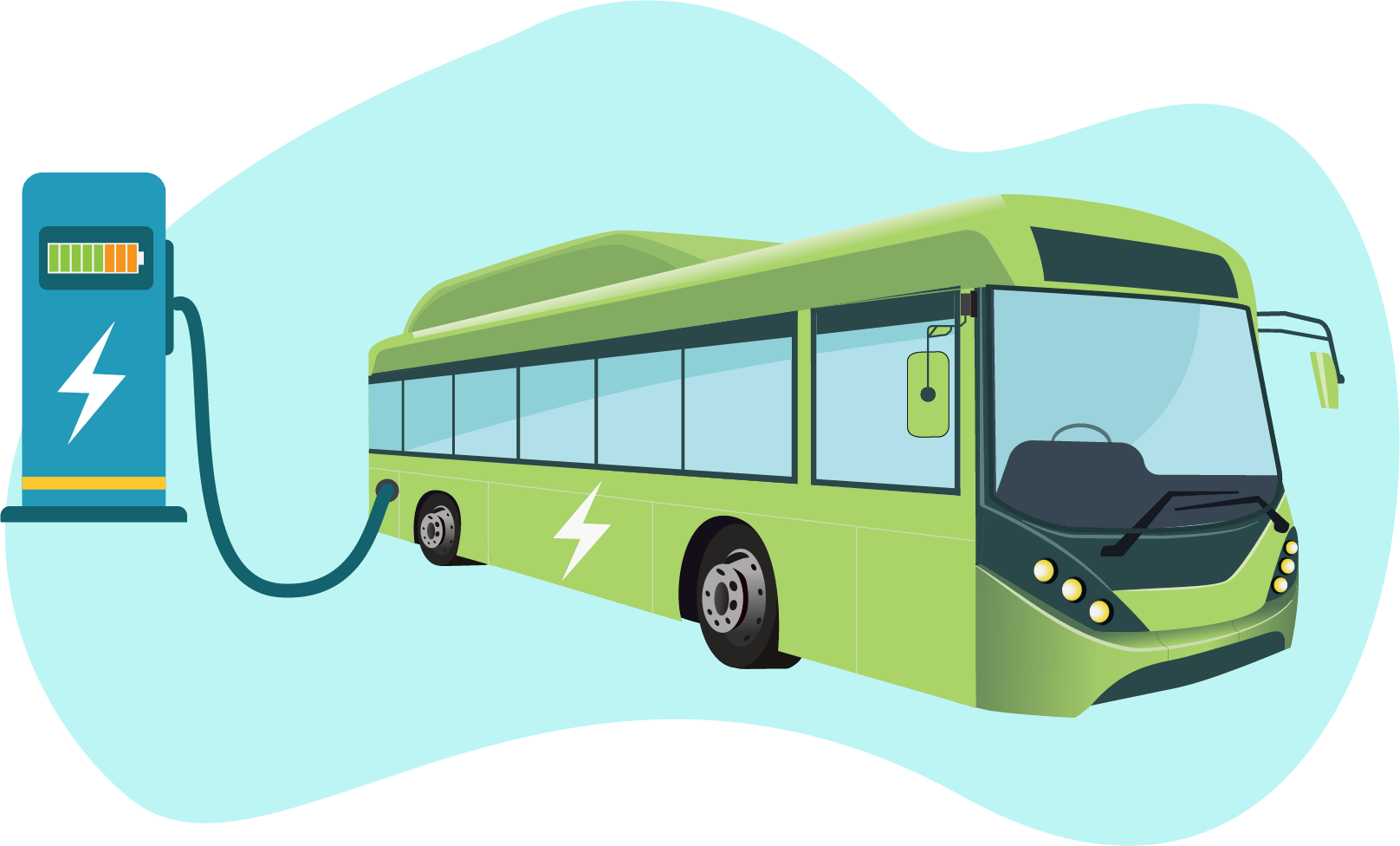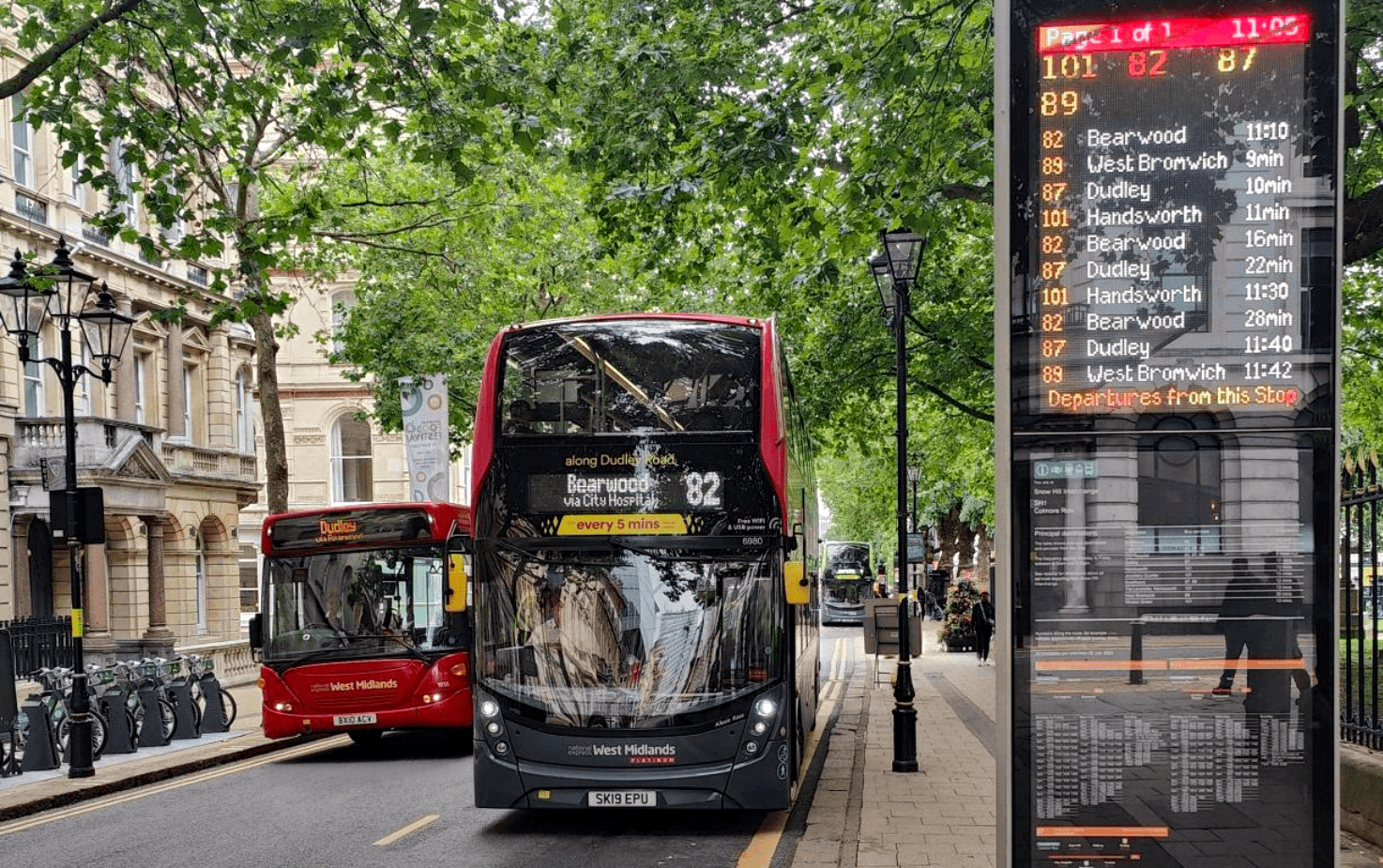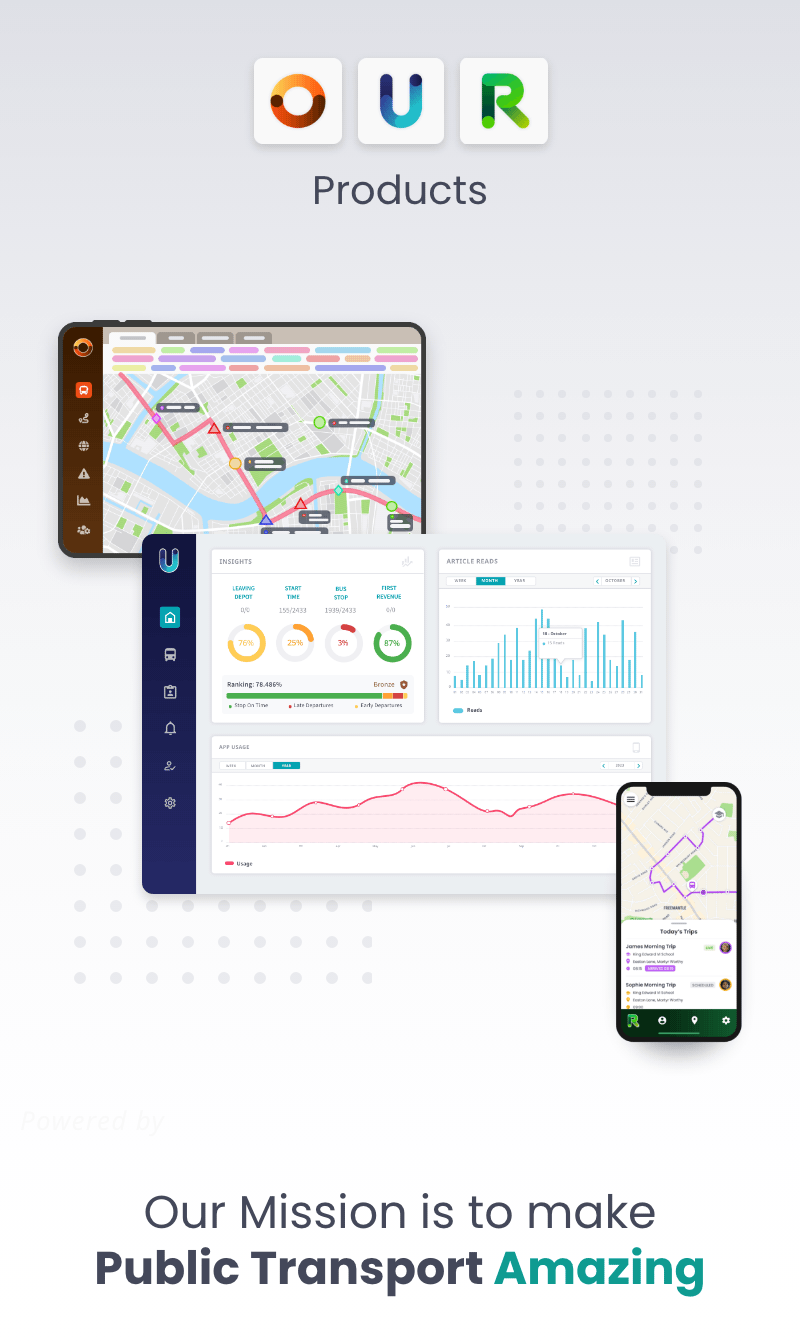I have been employed in the UK Bus industry for over 40 years, although thinking about it, I was born into it as my dad was in it all his life, so I could argue that I have been at it all my life. Throughout my journey I have watched the industry ebb and flow from the good old days of the National Bus Company which I joined in September 1983 as a senior management trainee, to the more difficult and challenging times of the last twenty years where the combination of economic and social changes have had a significant impact on reducing bus travel, across the whole of the UK.
Significant cuts to Local Authority budgets have decimated non-urban services with some counties losing large numbers of bus routes, with all of the isolationist issues that impact on those who depend on the bus.
Interestingly the pandemic had a positive impact on the UK Bus industry as it highlighted the huge impact that the bus had on keeping the nation moving during its greatest challenge. To be fair, the Government kept the faith, and in fairness have introduced a range of initiatives to encourage bus travel.
The two pound fare has been a very positive step, and detailed discussions are still ongoing around the issue of fuel rebate, and other support mechanisms.

Arguably more powerful is the role of the bus in reducing carbon emissions, indeed I watched an excellent video that has been released by First UK bus which captures the importance of this worthy agenda, in addition the fact that as bus depots convert to electric charging points it means that the local bus Company can offer power supplies to the local communities that they serve.
I think that this co-dependency between bus operator and local community is just great, as it can only offer a win -win for all concerned.
One of the great things that I have observed in my career is the amount of innovative thinking that the bus industry has always generated, from the buccaneering days of bus de-regulation back in 1986, with the development of new fleets of mini buses allowing faster frequencies into the built up urban areas. To the bus wars that broke out allowing bus passengers very cheap fares and very high volume services, until one Company closed down or got brought out. Interestingly this eventually lead to the creation of the big 5 Bus groups that went onto dominate not only the bus industry but the rail industry also, who saw that one coming back in 1986.
The development of the major bus groups was also a hallmark of Mrs Thatcher’s plan to invite competition into the bus world, and it is very interesting to see just how Manchester mayor Andy Burnham’s foray into franchising will work out. There is no doubt that many metro mayors and Local Authorities will be watching with great interest to see if that model might work for them.
If it is the case then it is going to be very necessary for Local Authorities to be much more involved in managing their local networks, and maybe even impacting on local fares, time will tell. But in the meantime the launch recently of the UK Bus Centre of Excellence has to be for me one of the most important initiatives for the last twenty years. It has been the missing link that will allow the sharing of best practice and more importantly give people the skills to shape the next generation of bus managers and leaders and I am personally very proud to be a member of the advisory board, and will play as full and positive role that I can to ensure the bus industry can achieve its aspirations to simply give the UK the very best bus service that its passengers should expect.

If we are going to be serious in our desire to reduce carbon emissions and save lives we need a joined up strategy that is long term sustainable, and it strikes me that at long last there is a political recognition that market forces should not decree public transport, but more importantly is the recognition that we need to invest in hybrid clean vehicles with bus networks that allow the bus priority over the private car with one person sat inside it. And that will be where the battle is won or lost. But I remain positive that the bus industry if given the tools and support needed can deliver a world class bus service that we can be proud of.
Austin Birks FCILT.








